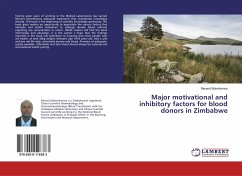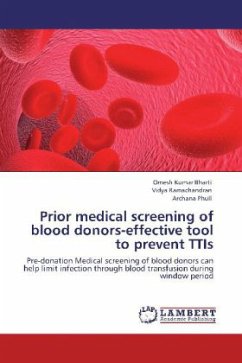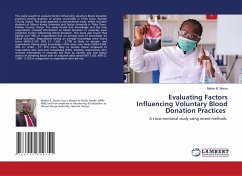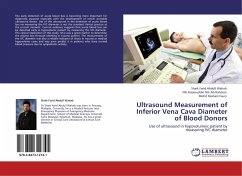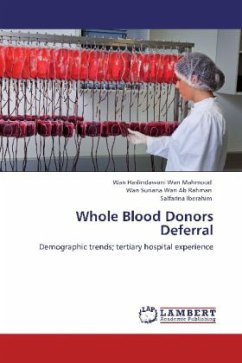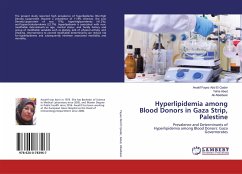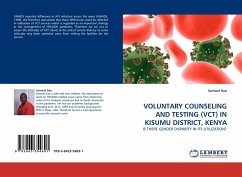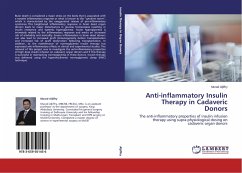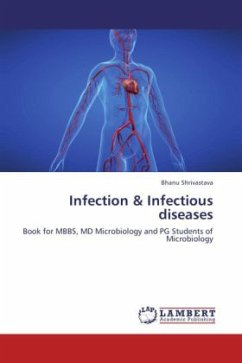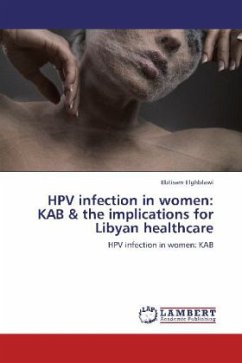
Hepatitis B & C Infection Among Voluntary Blood Donors
In Bida, North Central Nigeria
Versandkostenfrei!
Versandfertig in 6-10 Tagen
32,99 €
inkl. MwSt.

PAYBACK Punkte
16 °P sammeln!
In many developing countries, the relative contribution of various routes of blood borne hepatitis infection have not been defined in population based studies due to lack of universal and appropriate blood screening policy in these countries the risk of post-transfusion hepatitis infection is still very high. This study was carried out to determine the seroprevalence of blood borne hepatitis B & C among blood donors by Rapid Chromatogenic Enzyme Immunoassay (EIA). One hundred and ninety eight (198) samples were collected from blood donors population in Bida within the age range of 20 and 52 ye...
In many developing countries, the relative contribution of various routes of blood borne hepatitis infection have not been defined in population based studies due to lack of universal and appropriate blood screening policy in these countries the risk of post-transfusion hepatitis infection is still very high. This study was carried out to determine the seroprevalence of blood borne hepatitis B & C among blood donors by Rapid Chromatogenic Enzyme Immunoassay (EIA). One hundred and ninety eight (198) samples were collected from blood donors population in Bida within the age range of 20 and 52 years. Twenty(10.1%) were seropositive for Hepatitis B surface antigen and Four(2.0%) were seropositive for Hepatitis C virus antibodies. Of these positive cases for Hepatitis B surface antigen, the highest frequency of 11(55%) was found among age group 30-39 years interval. There was no significant statistical difference (p0.05) between seroprevalence of Hepatitis B surface antigen and age group among blood donors population in Bida. The findings of this study evaluate the evidence on risks and benefits of screening for all blood borne hepatitis as a policy in safe blood transfusion practice.



